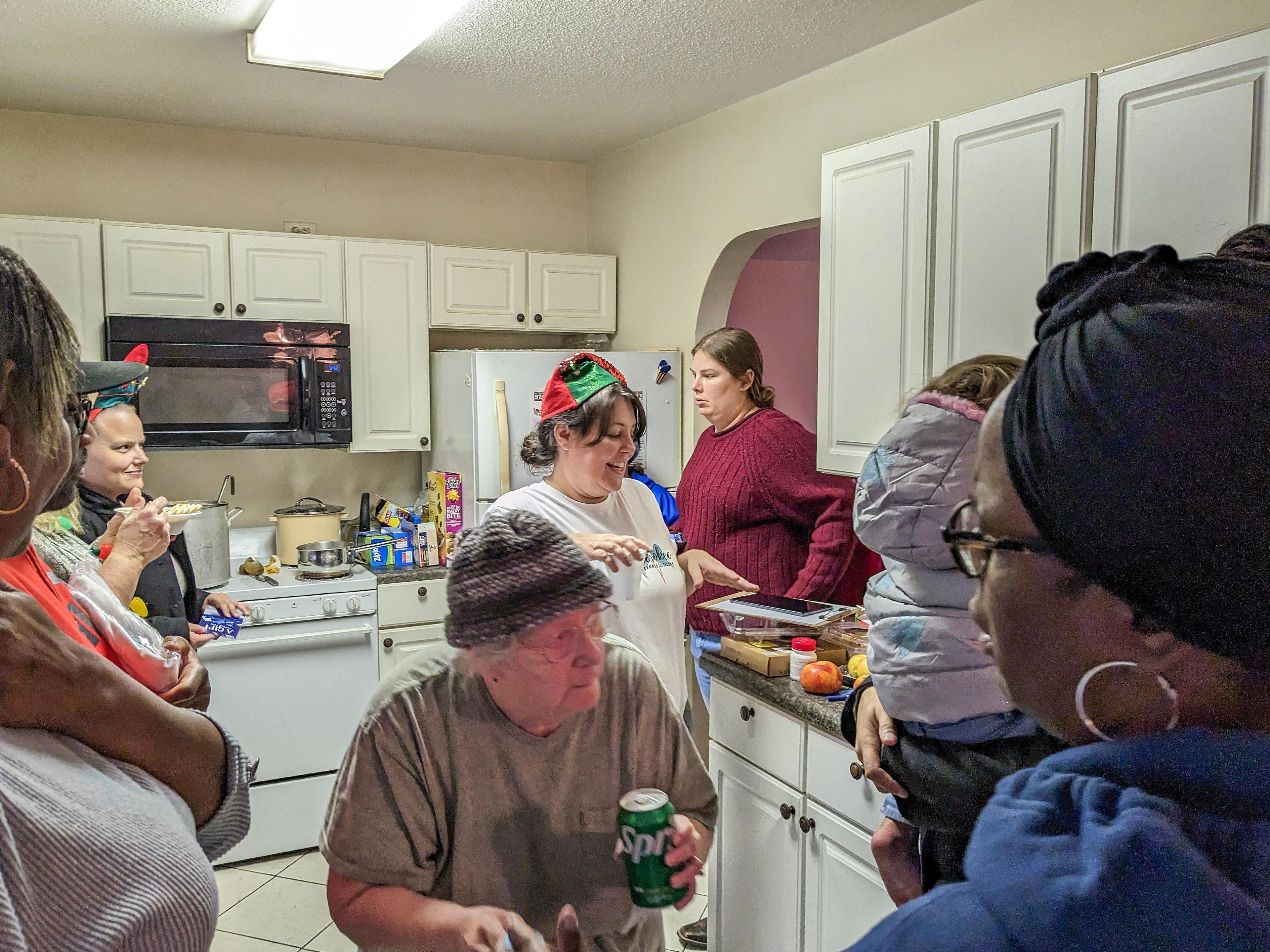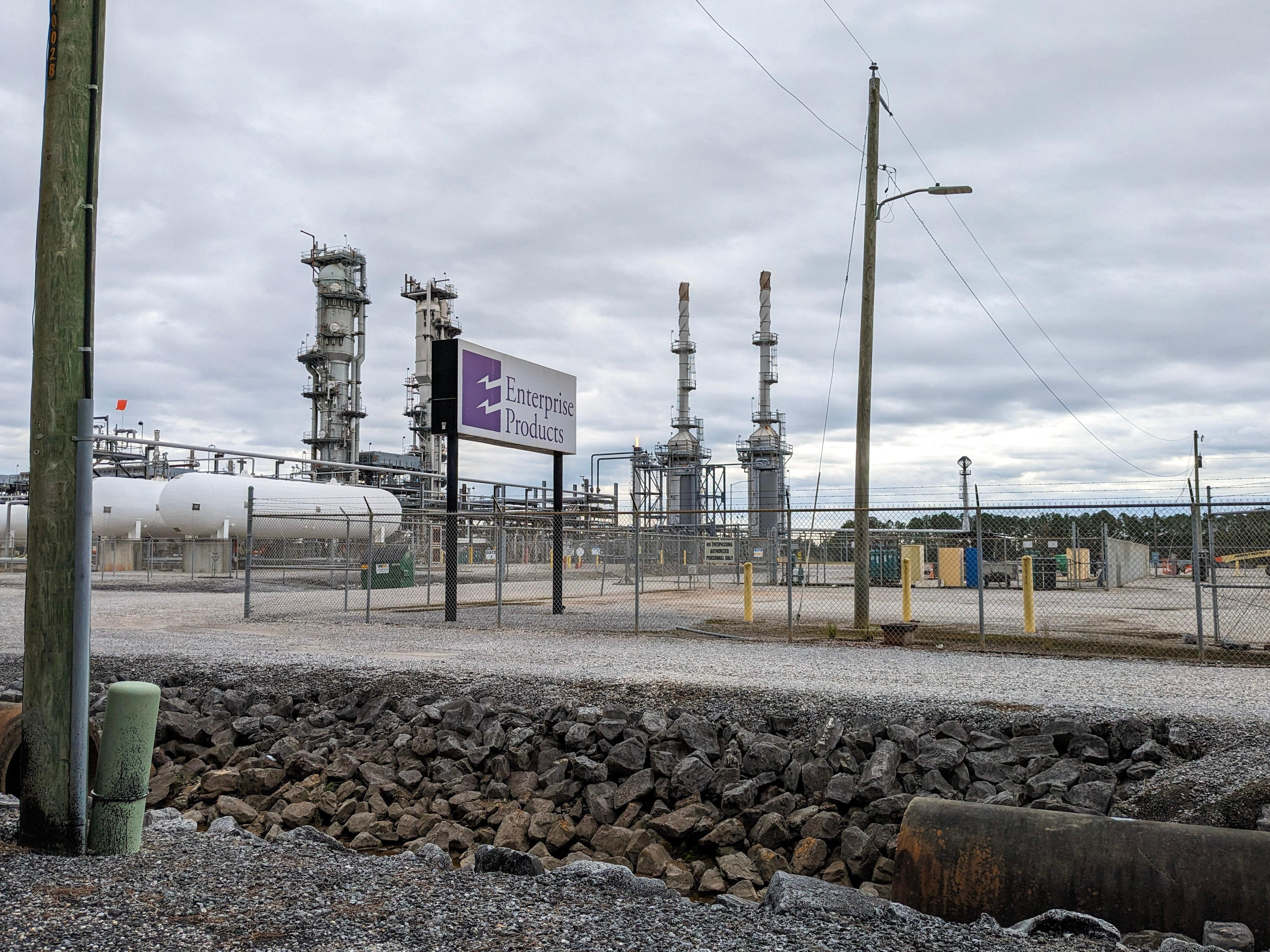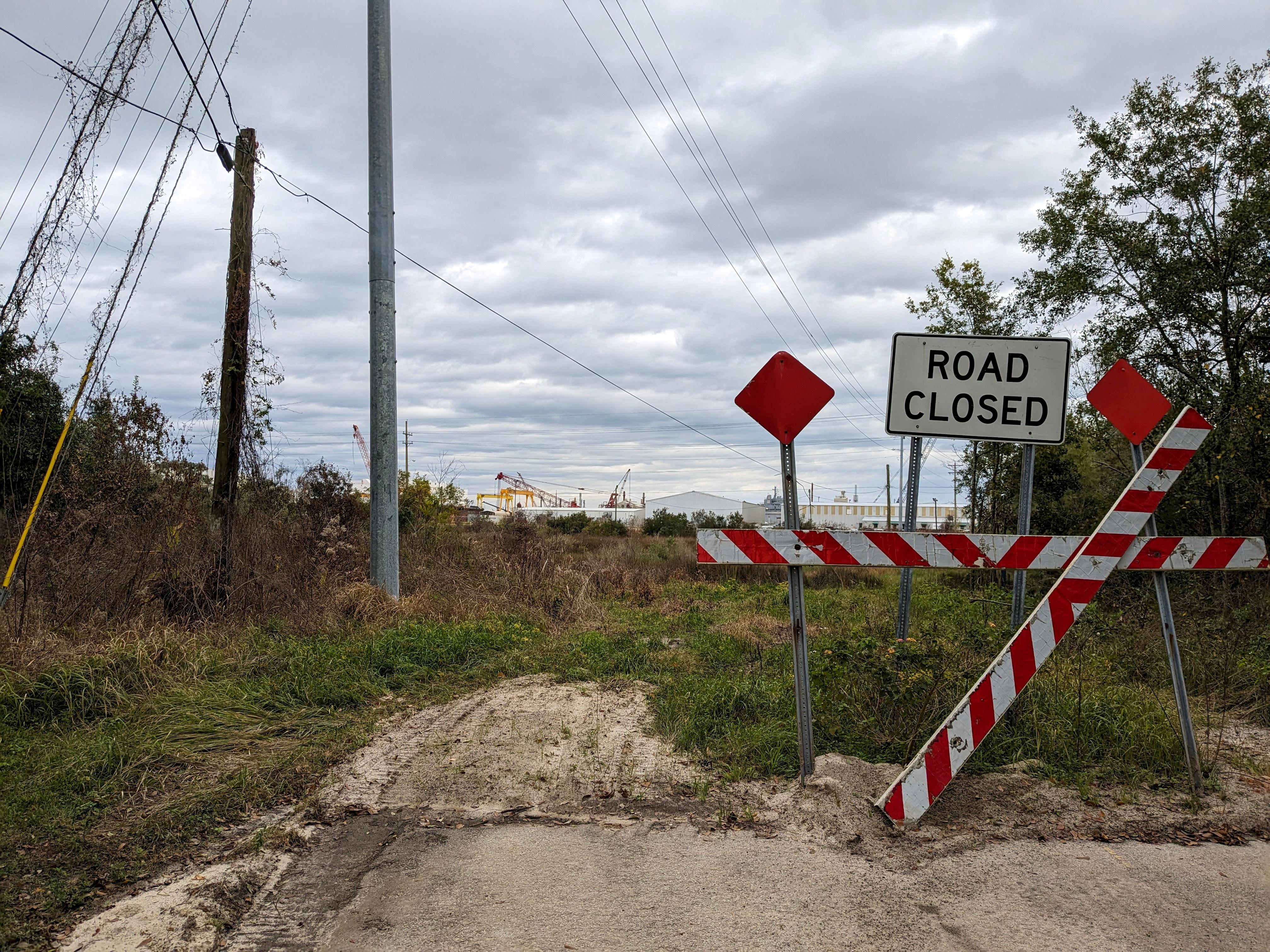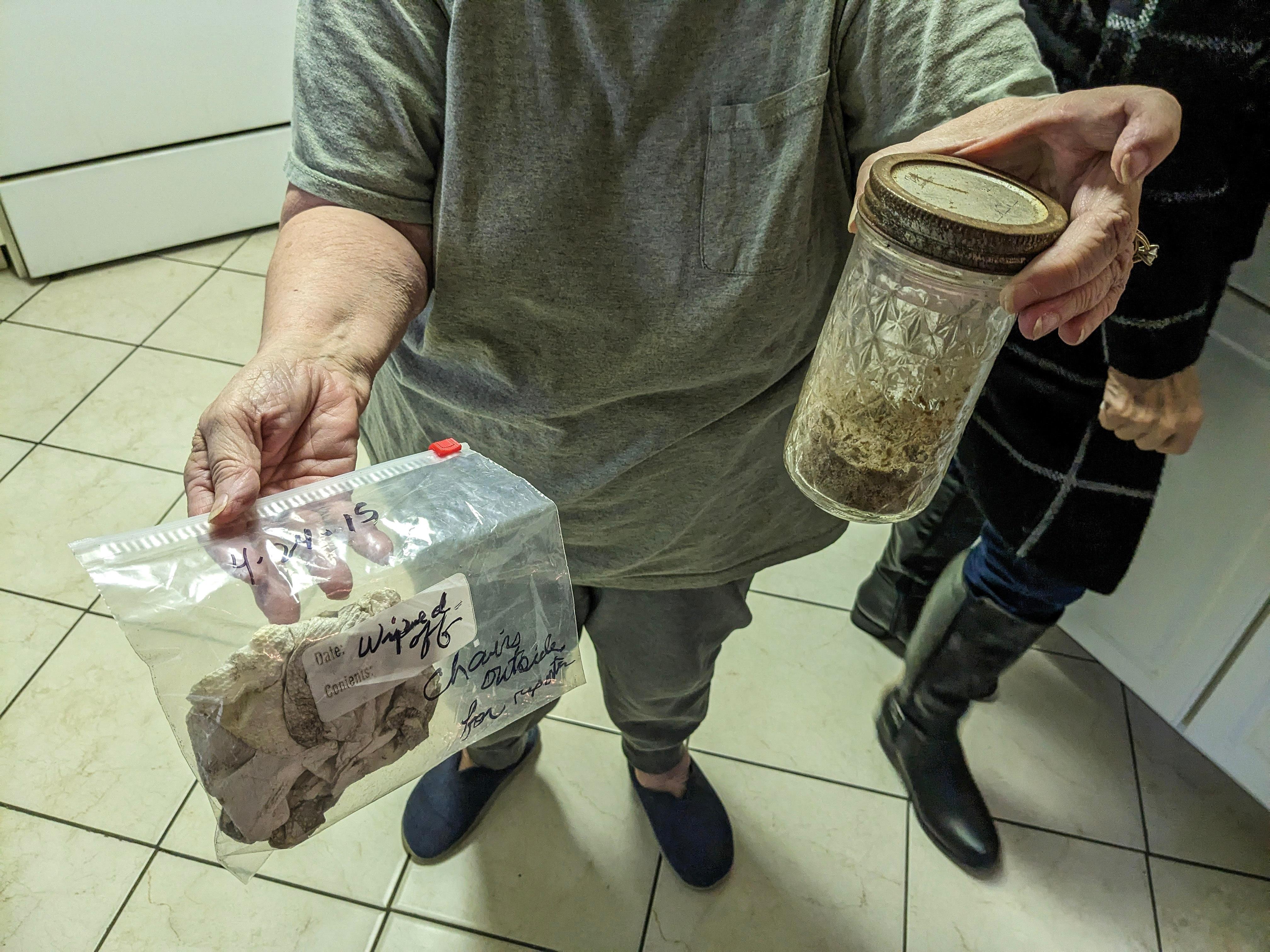But bringing everyone together exposes a pattern — something Barbara Irvin learned 25 years ago when she moved to the Cherokee Forest community. Irvin said her family didn’t know all the facts about the pollution when they arrived. Soon, they were dealing with constant upper respiratory infections.
“We lived at the emergency room with the babies when they were growing up. And it makes you wonder, because this shouldn't be happening — not like this,” Irvin said. “When you've got three or four homes in the same area and everybody's having the same problems, something’s wrong.”
Irvin is the other Barbara in the group who’s fighting for answers. She thinks the air monitoring project will help their efforts, but she said it’s important that the neighborhood has its own representatives there so they can make their own decisions and observations.
“We need to be a vital part in their studies. We need to be included, not excluded, not just on their part, but our part as well,” Irvin said.
Even as they remain hopeful about the new air monitoring project, the Cherokee Concerned Citizens won’t stop trying to get their own answers. As various neighbors trickle in throughout the party, the group makes plans to go door-to-door in pairs to give surveys to the ones who wouldn’t make it.
The goal is to complete the surveys by March when a lot of federal programs reopen, Crosslin said. Irvin said they're looking for other grants and partnering with other organizations to do their own air testing.
“Bringing everyone in the community together and seeing everyone work together and sharing their stories and their frustrations and coming up with new ideas, it's sort of recommits, this is worth doing,” Crosslin said. “Their lives are worth fighting for.”
This story was produced by the Gulf States Newsroom, a collaboration among Mississippi Public Broadcasting, WBHM in Alabama and WWNO and WRKF in Louisiana and NPR.








